Below are a few of the plant and food sciences ebooks we’ve recently added to our online collection. You can see the rest of our new ebooks here.
These ebooks were purchased with student success grant funds awarded by the Office of the Provost.
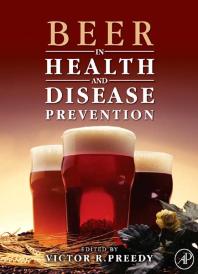
Beer in Health and Disease Prevention
Handbook of Beer Health and Disease Prevention offers a balanced view of today’s findings and the potential of tomorrow’s research. From a beverage of warriors to a cheap and affordable commodity, beer has been a part of our consumption for nearly 8000 years.
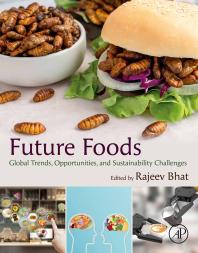
Future Foods: Global Trends, Opportunities, and Sustainability Challenges highlights trends and sustainability challenges along the entire agri-food supply chain. Using an interdisciplinary approach, this book addresses innovations, technological developments, state-of-the-art based research, value chain analysis, and a summary of future sustainability challenges.
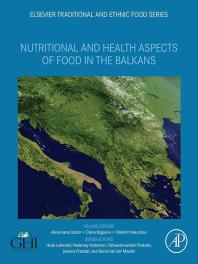
Nutritional and Health Aspects of Food in the Balkans
Beginning with the eating habits in Balkans, this book unfolds the history of use, origin, compositions and preparation, ingredient origin, nutritional aspects, and the effects on health for various foods and food products of the region.
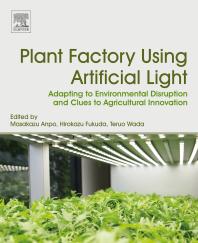
Plant Factory Using Artificial Light
The book details the implementation of photocatalytic methods that ensure the safe and sustainable production of vegetables at low cost and on a commercial scale, regardless of adverse natural or manmade influences such as global warming, climate change, pollution, or other potentially damaging circumstances.
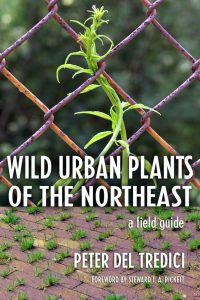
Wild Urban Plants of the Northeast
Harvard University botanist Peter Del Tredici unveils the plants that will become even more dominant in urban environments under projected future environmental conditions. These plants are the most important and most common plants in cities. Learning what they are and the role they play, he writes, will help us all make cities more livable and enjoyable.
